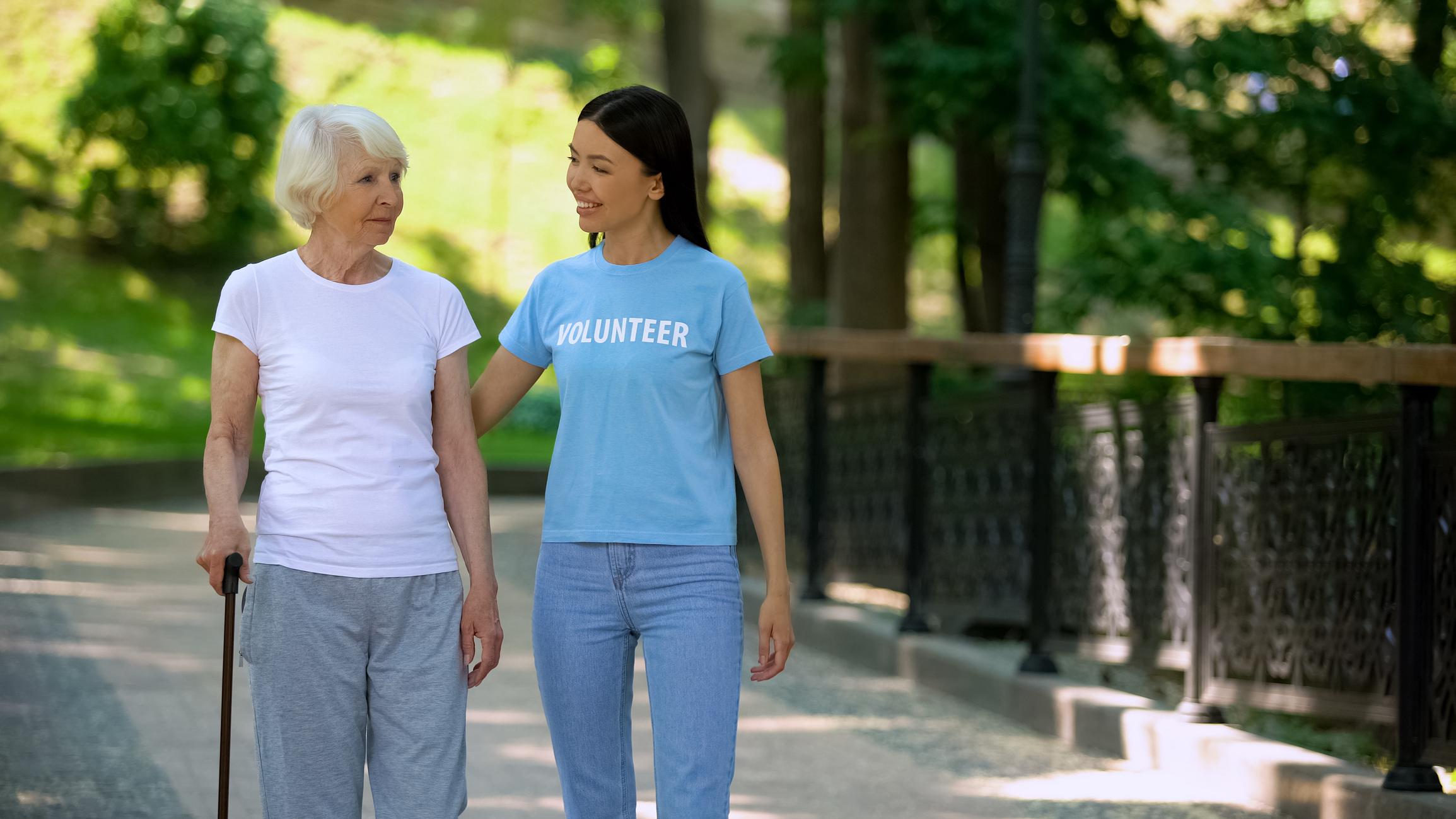The life expectancy today in America is at an all-time high, but many senior citizens find themselves hit with a variety of health problems that drastically diminish their quality of life. Living in chronic pain and failing to seek treatment early only leads to more pain, suffering, and failure to treat and to manage many preventable illnesses and injuries.
While genetics play a large role in many of the diseases and problems that afflict senior citizens, caretakers can begin to employ preventative measures that promote independence and activism in seniors’ lives.
Preventative Care
Senior living centers have a special duty to prevent injuries to residents. All facilities should be senior-friendly and fully accessible. Emphasis should be placed on the inclusion of injury-prevention features such as wall railings, grab bars in bathrooms, and non-slip flooring. Wellness amenities such as a gym, a pool, and senior fitness classes can greatly improve residents’ quality of life and prevent illness and injury.
On-staff nurses can provide immediate intervention and routine vital checks and can identify possible warning signs. The most important elements of geriatric care include effective communication and dignity-promoting interactions. Seniors may require additional assistance with daily living as they age, but caretakers should provide an environment that promotes independence and that encourages people taking an active role in their own health management.
Holistic Health
Rather than preventing the most common senior health problems, it’s important to address the changing health needs of individuals aged 65 and older. Holistic geriatric care provides a personalized treatment plan that spans beyond the physical symptoms of an illness and that considers personal health, lifestyle, and circumstances.
By evaluating a patient’s entire life and by making improvements to major influential areas including living environment, nutrition, and activity levels, caretakers can ensure that disease treatment coincides with integrated preventative care. With a holistic approach, individual risks are contemplated in the context of a patient’s current health, enabling modifications to be made as symptoms change. Holistic health also allows caregivers to select the best treatment for things like tinnitus or decreasing vision, rather than just focusing on illnesses.
Education and Advocacy
A major obstacle many senior citizens today face in the health field is a lack of information and awareness. Their generation was raised to trust figures of authority implicitly; questioning diagnoses or pursuing greater care when their needs aren’t being met is considered rude, so older individuals suffer in silence rather than arguing with their doctors. Medical professionals need to provide generation-competent care.
Understanding that senior citizens may not always express when treatment is not working or fail to advocate for their own wellness can improve conversations. Clinicians and caretakers must ask guiding questions and learn to watch out for non-verbal cues. Providing educational materials about common elderly health problems and their symptoms for free will also empower senior patients and encourage them to be proactive rather than reactive to health conditions.
With questionnaires, having open conversations, and increasing access to informative resources, caretakers and geriatric healthcare providers can continue to improve the quality of patients’ lives and promote a new generation of health-conscious and self-advocating senior citizens.
Want to learn more about senior health? Check out our article on senior health conditions that shouldn’t be ignored here!



